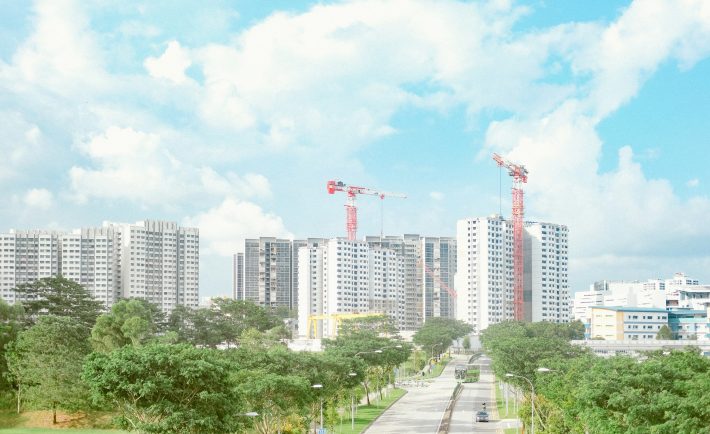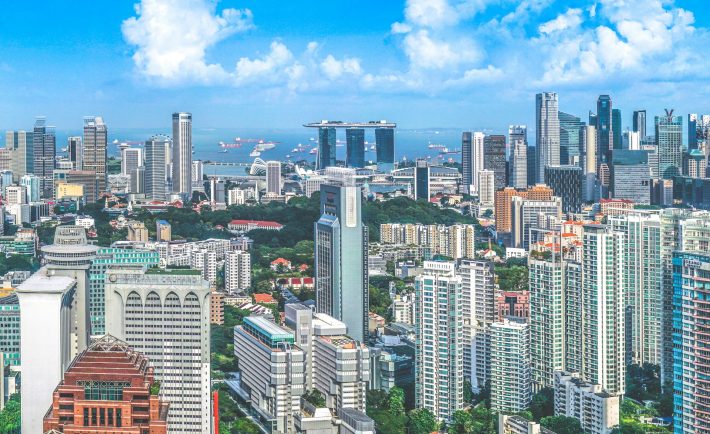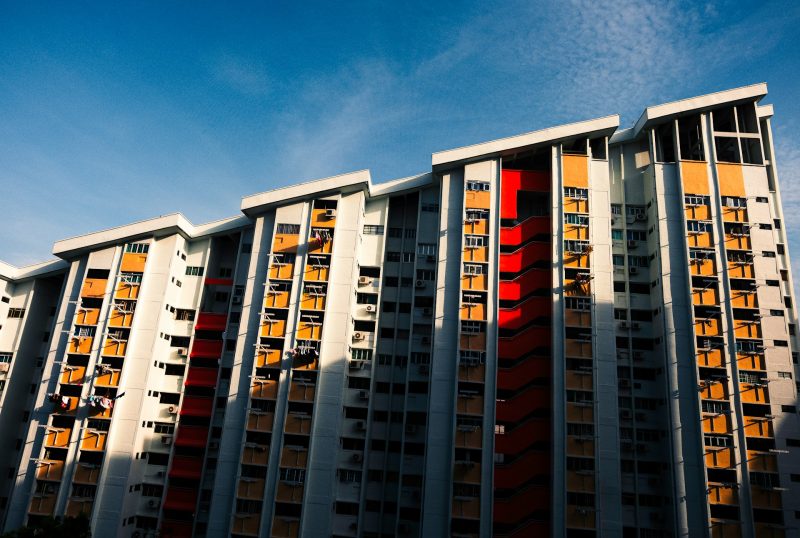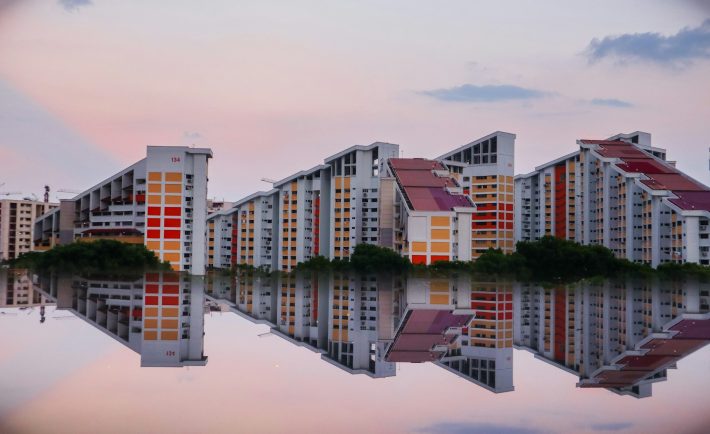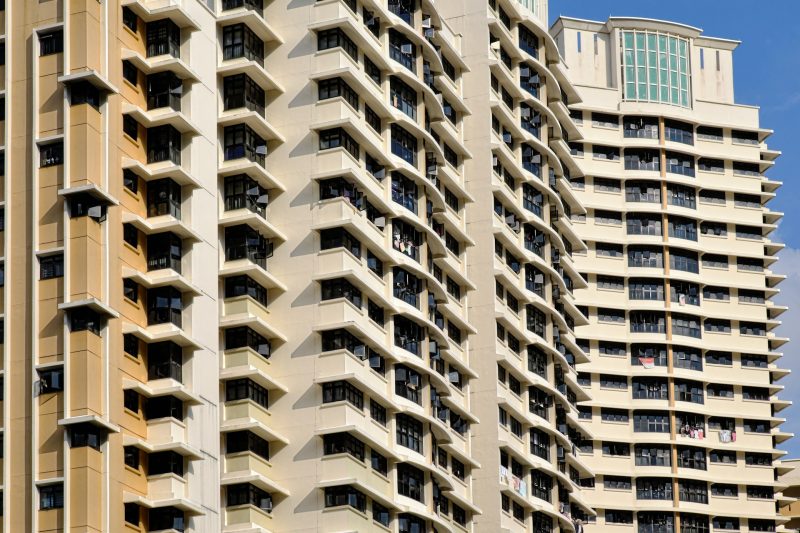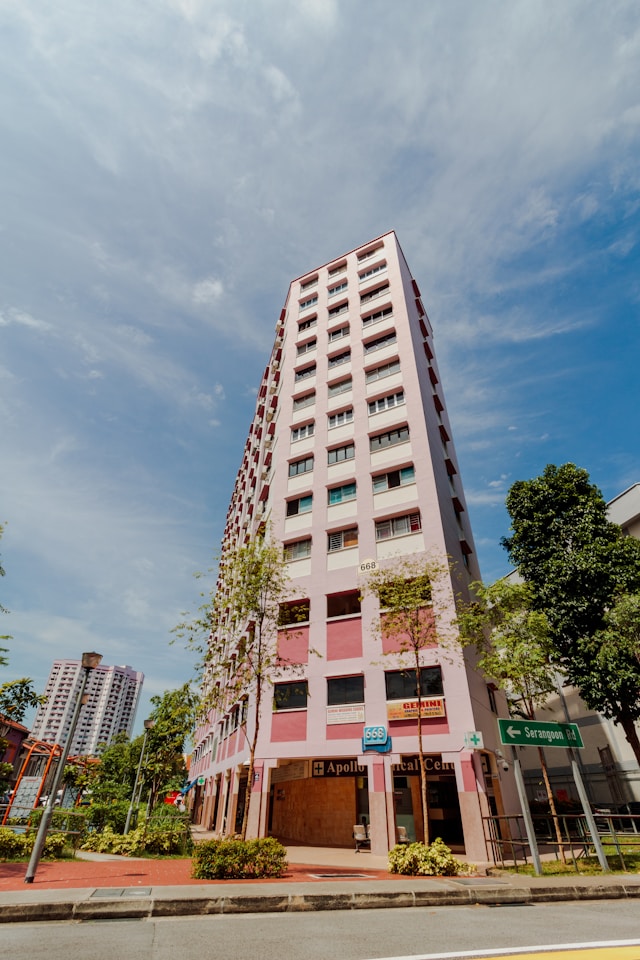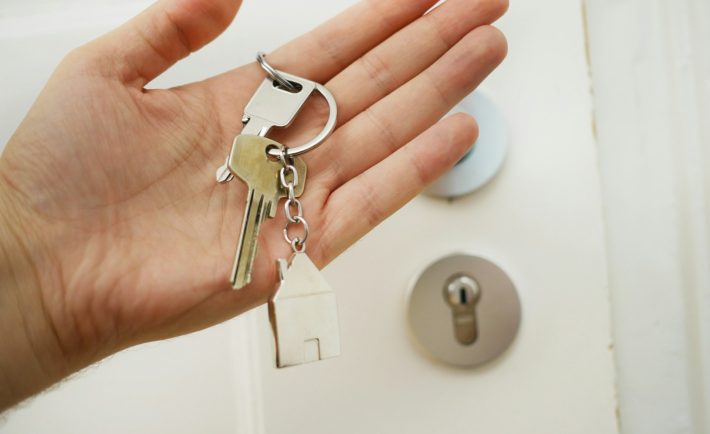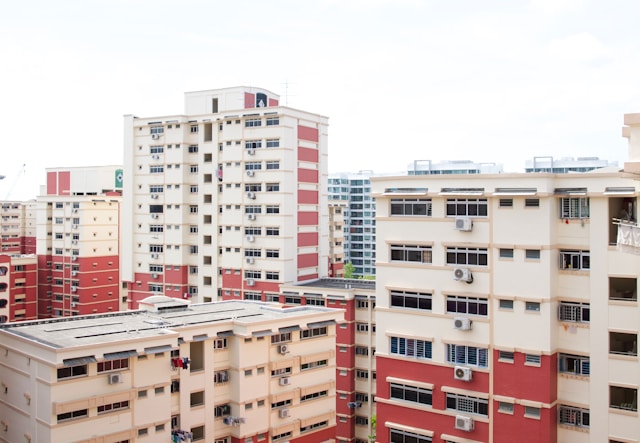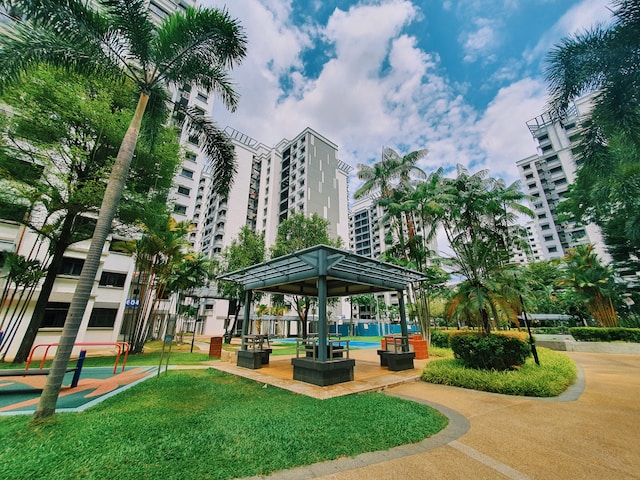MAJOR UPGRADE FOR AGING HDB FLATS
More than 29,000 Housing and Development Board (HDB) flats will soon receive enhancements under the latest round of the Home Improvement Programme (HIP). With over S$407 million allocated for upgrading works, this initiative aims to modernize aging flats and enhance residents’ quality of life.
Announcing the expansion on Feb 16, Minister for National Development Desmond Lee shared that an additional 371 blocks will be included in the programme. Since its launch in 2007, 494,000 flats have benefited from the scheme.
Where Are the Upgrades Happening?
According to HDB, the selected flats are located in:
- Bedok
- Bukit Batok
- Bukit Merah
- Bukit Panjang
- Chua Chu Kang
- Hougang
- Jurong West
- Pasir Ris
- Queenstown
- Sengkang
- Tampines
- Toa Payoh
- Woodlands
SENIOR-FRIENDLY FEATURES
Residents will have the option to install senior-friendly fittings under the Enhancement for Active Seniors (EASE) programme, which was expanded last year. These fittings include:
A. Foldable shower seats
B. Handrails at flat entrances with steps
C. Grab bars
D. Slip-resistant bathroom floor treatment
So far, 29,000 households have applied for these improvements, with Minister Lee describing the take-up rate as “very encouraging.”
COMMITMENT TO UPGRADING HOMES
The HIP primarily addresses wear and tear in older flats, ensuring they remain safe and comfortable for residents. Upgrades include:
A. Toilet and bathroom improvements
B. New entrance doors and gates
C. Replacement of refuse chute hoppers
To date, the government has invested approximately S$4 billion in the HIP as of March 31, 2024. Of the 494,000 flats selected for upgrading, nearly 381,000 have already undergone improvements.
“As our homes and estates age over time, they naturally encounter higher wear and tear,” said Minister Lee. “The government remains committed to refreshing, rejuvenating, and improving older estates and homes so that Singaporeans can continue to enjoy a high-quality living environment.”
With these continued efforts, the government reaffirms its commitment to ensuring that Singaporeans, young and old, can live in safe and well-maintained homes for generations to come.

